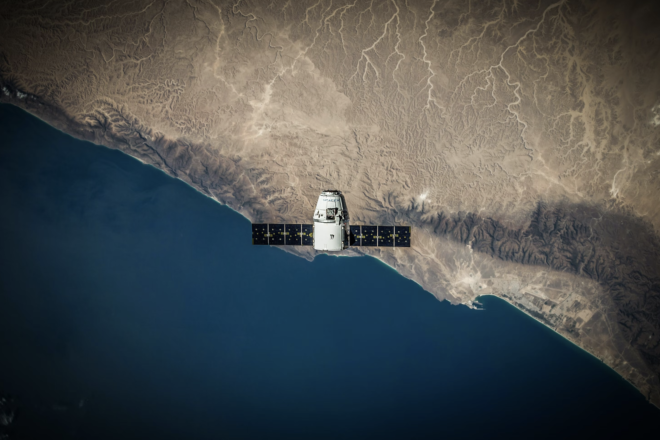Ever find yourself in the position where you are caught in a rat trap? That’s how the average Iranian feels under a conservative and brutal regime that forbids dancing, homosexuality or uncovering a woman’s hair in public. A woman just died in the hands of the hands of the morality police and you can get sentenced to life in prison for posting against the Regime on Facebook.
Using a VPN is not enough to get you around Iran’s censors. Elon Musk is hoping to dodge American sanctions against Iran to help researchers and anyone who wants it, access uncensored internet via his satellite-based Starlink internet service. My friends who live in rural Canada swear by Starlink, giving them a lifeline where cellphone data plans would cost hundreds of month. Many people can’t connect via cell phones even if they wanted to.
Musk’s Starlink network has set up thousands of satellites orbiting the Earth to provide a high-speed broadband internet connection to its users. It’s seen as a way for people in authoritarian states to bypass censors. But it’s a costly service, until now essential for Instagrammers living the #vanlife or in an RV. In Canada the monthly service is about $150 CAN or about $120 USD for a subscription.
Starlink has received attention this year for providing connectivity to the Ukrainian government after the Russian invasion. Still in doing so, Starlink relied on political permission from the Ukrainian government to operate. It’s not clear how it would operate with opposition from Iranian forces who are brutal in their response to dissidents.
American government supports dissidents in Iran
While US sanctions to Iran are in place, there is a loophole: the Treasury Department’s Office of Foreign Assets Control (OFAC) in the United States has a longstanding license that “authorizes certain exports to Iran of hardware, software, and services related to communications over the internet, including certain consumer-grade Internet connectivity services and residential consumer satellite terminals authorized under General License D-1,” a department spokesperson said in a statement.
“For any exports not covered by existing authorizations, OFAC welcomes applications for specific licenses to authorize activities supporting internet freedom in Iran,” the statement added.
Who’s a dissident in Iran? They can beat you or torture you or send you to jail for 20 years or life if you dance on Instagram or say a bad word against the regime on Facebook. How about a woman’s death in the hands of the morality police which has sparked a nation-wide protest of hijab-burning.
Every day people like me and you with our own free minds and freedom of speech would be considered dissidents in Iran.
Technical challenges of Starlink in Iran
To work Starlink needs three pieces of hardware: A small terminal with a dish for the user, then there are the satellites flying overhead, but critically larger permanent ground stations that plug into the internet itself.
That last part will be difficult to smuggle in and operate under the nose of a regime but Starlink says if enough users are plugged in they can link to each other and operate like ground stations.
Creative ideas anyone?




